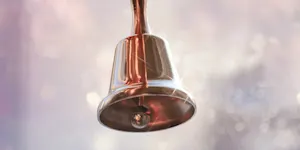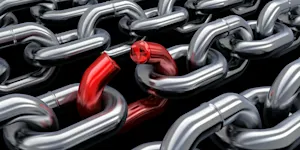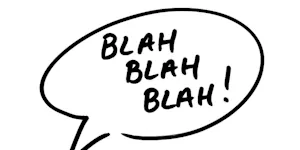What Makes This Word Tick
"Skittish" adds a delightful pep to our language, perfect for describing someone who’s easily startled or a bit jumpy. It’s a playful word that captures a sense of nervous energy or unpredictability, often associated with young animals or overly cautious people.
If Skittish Were a Person…
Imagine a jittery young rabbit that’s always on high alert, its ears perking up at the slightest sound. This person might be a little hesitant, perhaps a touch anxious, flitting from one interest to another with lively curiosity but never settling in one place for long.
How This Word Has Changed Over Time
The word "skittish" has evolved from its earlier roots tied to horses that were easily frightened or made restless. Over time, it has broadened to describe humans and situations alike, maintaining its vibrant spirit of changeability and spontaneous emotion.
Old Sayings and Proverbs That Use Skittish
While it might not anchor any timeworn adages, "skittish" certainly feels right at home in sayings like "nervous as a cat in a room full of rocking chairs," capturing that same edgy wariness.
Surprising Facts About Skittish
Interestingly, "skittish" shares etymological connections with "skitter," a verb describing light, rapid movements. Its lively, darting quality makes it suitable not just for animals and people, but also for financial markets—the "skittish" investor is well-known!
Out and About With This Word
You might hear "skittish" tossed around in horse stables, but also in stock market discussions or when chatting about a particularly unpredictable neighbor. It’s versatile like that, with a broad reign from barns to boardrooms.
Pop Culture Moments Where Skittish Was Used
"Skittish" has galloped through countless films and TV shows whenever characters display nervy behavior. If a sitcom character jumps at their own shadow or a movie anti-hero second-guesses their plan, odds are they’ll be described as skittish.
The Word in Literature
In literature, "skittish" might describe characters in novels who are uncertain, excitable, or nervous about a new chapter in their lives. You’d find it in works focusing on psychological drama or romantic comedy, adding flavor to scenes of hesitant heroes.
Moments in History with Skittish
Think of the Wall Street crash in 1929 or political revolutions, where markets and societies were described as "skittish"—capturing the collective anxiety and unpredictability that characterized such unsettling times.
This Word Around the World
Globally, "skittish" might translate to different terms of endearment or caution. In French, a similar sentiment might be captured by "nerveux" for someone jumpy. Different cultures have their unique spins to describe such flightiness.
Where Does It Come From?
Originating in the early 14th century, "skittish" is believed to derive from the Old Norse term "skjóta," meaning "to shoot" or "dart." It captures the quick, darting movements of animals—and now, jumpy humans too!
How People Misuse This Word
Sometimes, people mistakenly use "skittish" to mean "shy" or "introverted," but it actually emphasizes a jumpy or easily startled nature rather than mere reticence or reserved behavior.
Words It’s Often Confused With
Shy: Implies a reluctance to engage socially, not necessarily causing startled reactions.
Nervous: Generally suggests anxiety without the sudden reactions typical of "skittish."
Wary: More about cautiousness than unpredictability or jumpiness.
Additional Synonyms and Antonyms
Synonyms for "skittish" include jumpy, jittery, flighty, and excitable. Direct opposites are calm, steady, and composed—words that paint a picture of tranquility rather than twitchiness.
Want to Try It Out in a Sentence?
"After the unexpected loud noise, the normally calm cat became quite skittish, darting under the sofa at lightning speed."
















